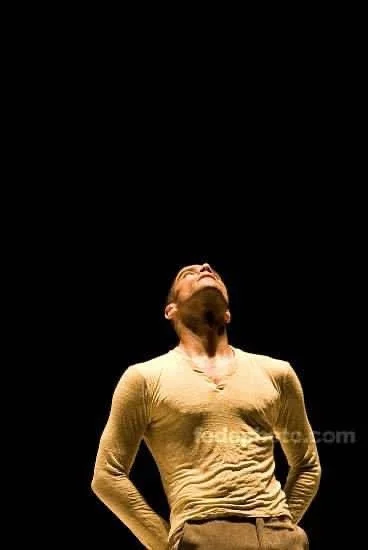Artists go through three distinct phases on their artistic process/career (in the case they manage to assure the creative longevity needed and actually make it through all three):
The promising young talent.
The mature prime maker.
The established confirmed master.
The system, as in, the programmers, critics, gate keepers, decision makers, trends deciders and so on, can benefit mostly from the first and last phases. These are the two phases of an artist’s career, when engaging and supporting the work, is the most valuable for their own careers, goals and agendas.
Spotting new raw talent, claiming to have a part in discovering and promoting new artistic voices, shines back directly upon them. It validates their own existence as active players, confirms their original outlook and gives them an active role within the artistic field they’re engaged with.
The same can be said about the nature of the relationships they foster with confirmed masters at the last phase of their creative lives. Promoting and presenting old confirmed masters, those rare few who reach this level of indisputable recognition in the quality of their craft, is a sure way to once again, confirm and put forward their own qualities, tastes, awareness of the field they’re part of, appreciation of good work and their active role in writing the big story of the art form.
These are win win situations for both the artists, and the players representing the ‘system’.
However, during the second phase in artists’ creative lives, the phase in which they obtain a deep understanding and mastery of their craft, the phase in which they are the most productive, creative, daring, at the hight of their ability to produce good work, challenge the norms, open new creative pathways, while still having the energy and clarity to do so at the highest level, that phase, is of little value for those people who gladly engage with the same artists at their first or last phases.
They simply can not make that phase about themselves in any way. It stops being a win win situation. And so, most of them will disengage at that point. Only to come back when/if the artist made it to the last phase.
The reason for this is simple - In that phase, what comes forth, leaving little space for anything else, is the work itself. The work becomes the focal point. The novelty of something new vanishes, while the aura of a grand master, and everything that comes with it, is still not established.
In that specific moment, when all there is, is simply the work, the choice to keep engaging with it requires both a deep understanding of the artistic form (unfortunately rarely at hand) and the humility needed to accept being in service of something bigger than yourself. A situation far less beneficial in how it can be harnessed and reclaimed for other purposes besides presenting and promoting good art.
It’s an inherent paradox in almost all artistic fields. When artists are at their creative prime, it’s much harder to convert their work and the relationship with them, into parallel fields of value.
The work becomes free. And so does the artist.
It can’t be ridden as a force in service of other purposes. Is shines only upon itself and its audience. It’s no longer a transactional commodity or currency.
Note to myself - just keep doing.
